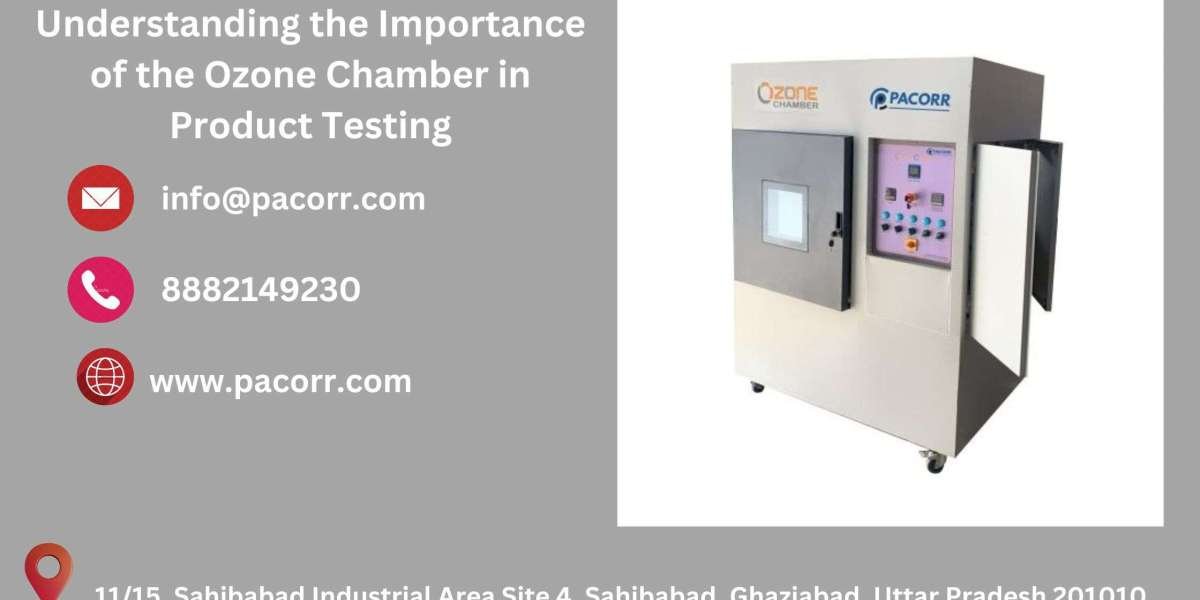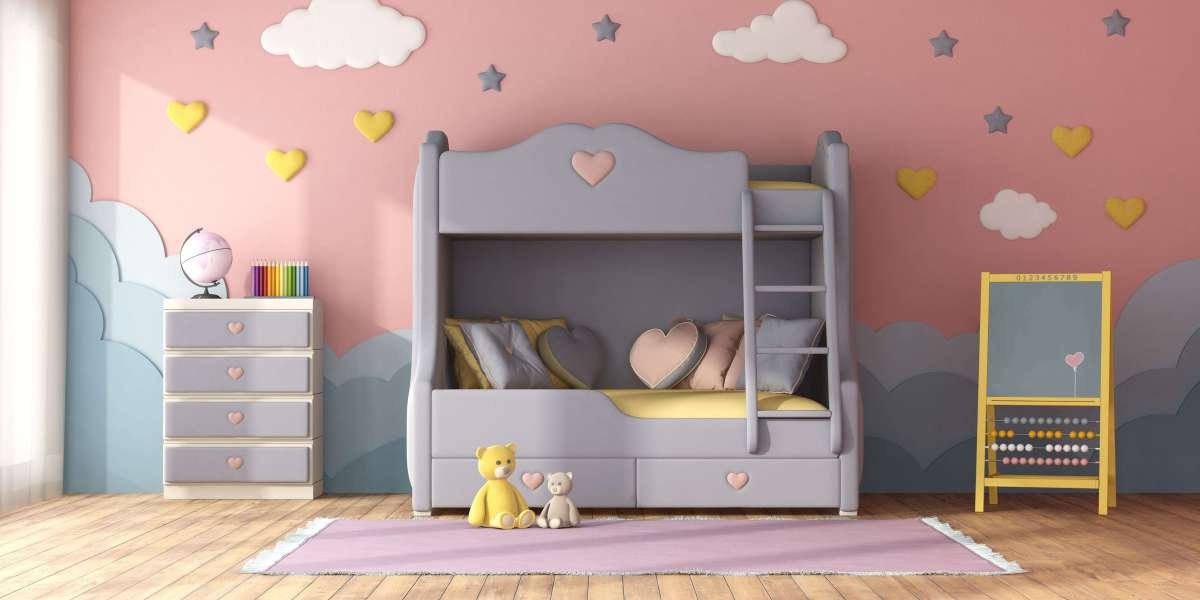Ozone Chamber: Ensuring Durability in Polymer Products
In today's competitive industrial landscape, maintaining the quality and durability of products is paramount. This is especially true for products made from polymers and rubber, which are widely used in various industries such as automotive, aerospace, electronics, and construction. One of the key factors that can degrade these materials over time is exposure to ozone. To combat this, manufacturers rely on advanced testing equipment like the Ozone Chamber to simulate and measure the effects of ozone on their products.
Understanding the Role of Ozone in Material Degradation
Ozone (O₃) is a highly reactive gas found in the atmosphere. While it plays a crucial role in protecting life on Earth by absorbing the majority of the sun's harmful ultraviolet radiation, it can be detrimental to certain materials. When rubber and other polymers are exposed to ozone, even at low concentrations, they can experience significant degradation. This degradation manifests as cracks, brittleness, and loss of elasticity, ultimately compromising the material's structural integrity and longevity.
What is an Ozone Chamber?
An Ozone Chamber Price is a specialized testing instrument designed to simulate the effects of ozone exposure on materials over time. It allows manufacturers to replicate real-world conditions and assess how their products will perform when subjected to ozone in various environmental settings. By doing so, they can identify potential weaknesses and make necessary improvements to enhance the durability and lifespan of their products.
Key Features of the Ozone Chamber
- Controlled Ozone Concentration: The Ozone Chamber allows precise control over the concentration of ozone within the test environment. This ensures that the test conditions accurately reflect the levels of ozone that the material will encounter in its intended application.
- Temperature and Humidity Control: The chamber can simulate different environmental conditions by adjusting temperature and humidity levels. This is crucial because the rate of ozone-induced degradation can vary depending on these factors.
- Automated Testing: Modern Ozone Chambers come equipped with automated testing features that allow for continuous monitoring and data collection. This ensures accurate and reliable results while minimizing the need for manual intervention.
- Sample Mounting Flexibility: The chamber is designed to accommodate various sample sizes and shapes, making it versatile for testing a wide range of products.
- Safety Features: Since ozone is a toxic gas, Ozone Chambers are equipped with safety mechanisms to protect operators from exposure. These may include ozone destruction systems and ventilation controls.
Applications of Ozone Chamber Testing
- Automotive Industry: Rubber components in vehicles, such as tires, seals, and hoses, are regularly exposed to ozone. Testing these components in an Ozone Chamber helps ensure they can withstand the rigors of real-world conditions.
- Construction Materials: Building materials, particularly those used in outdoor applications, must resist ozone degradation to maintain their structural integrity over time. Ozone Chamber testing is vital for evaluating the durability of these materials.
- Consumer Electronics: Many electronic devices use polymer-based components that are susceptible to ozone damage. Testing these components ensures they will last longer and perform reliably.
- Aerospace Industry: In the aerospace sector, materials are often exposed to harsh environmental conditions, including high ozone levels at altitude. Ozone Chamber testing is essential for verifying the longevity of aerospace materials.
- Medical Devices: Some medical devices, especially those with rubber components, are vulnerable to ozone-induced degradation. Ozone Chamber Price helps ensure the safety and effectiveness of these devices over their intended lifespan.
Benefits of Using an Ozone Chamber
- Enhanced Product Durability: By identifying and addressing potential weaknesses in materials, manufacturers can produce more durable products that are less prone to ozone-induced damage.
- Compliance with Standards: Many industries have specific standards and regulations regarding the ozone resistance of materials. Ozone Chamber testing ensures compliance with these standards, thereby avoiding potential legal and financial repercussions.
- Cost Savings: Identifying material weaknesses early in the development process can save manufacturers significant costs associated with product recalls, warranty claims, and brand damage.
- Improved Product Performance: Products that undergo rigorous ozone testing are more likely to perform reliably under real-world conditions, leading to greater customer satisfaction.
Conclusion
The Ozone Chamber Manufacturer is an indispensable tool for manufacturers who are committed to producing high-quality, durable products. By simulating the effects of ozone exposure, this advanced testing equipment helps ensure that materials can withstand the environmental challenges they will face in their intended applications. As a result, manufacturers can deliver products that not only meet industry standards but also exceed customer expectations for reliability and longevity.








